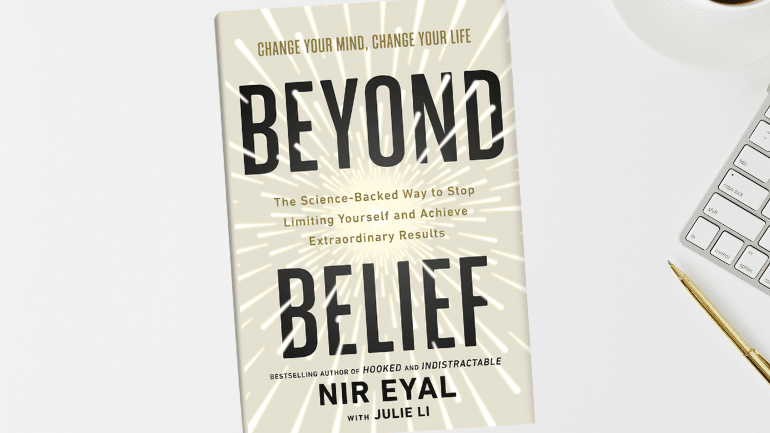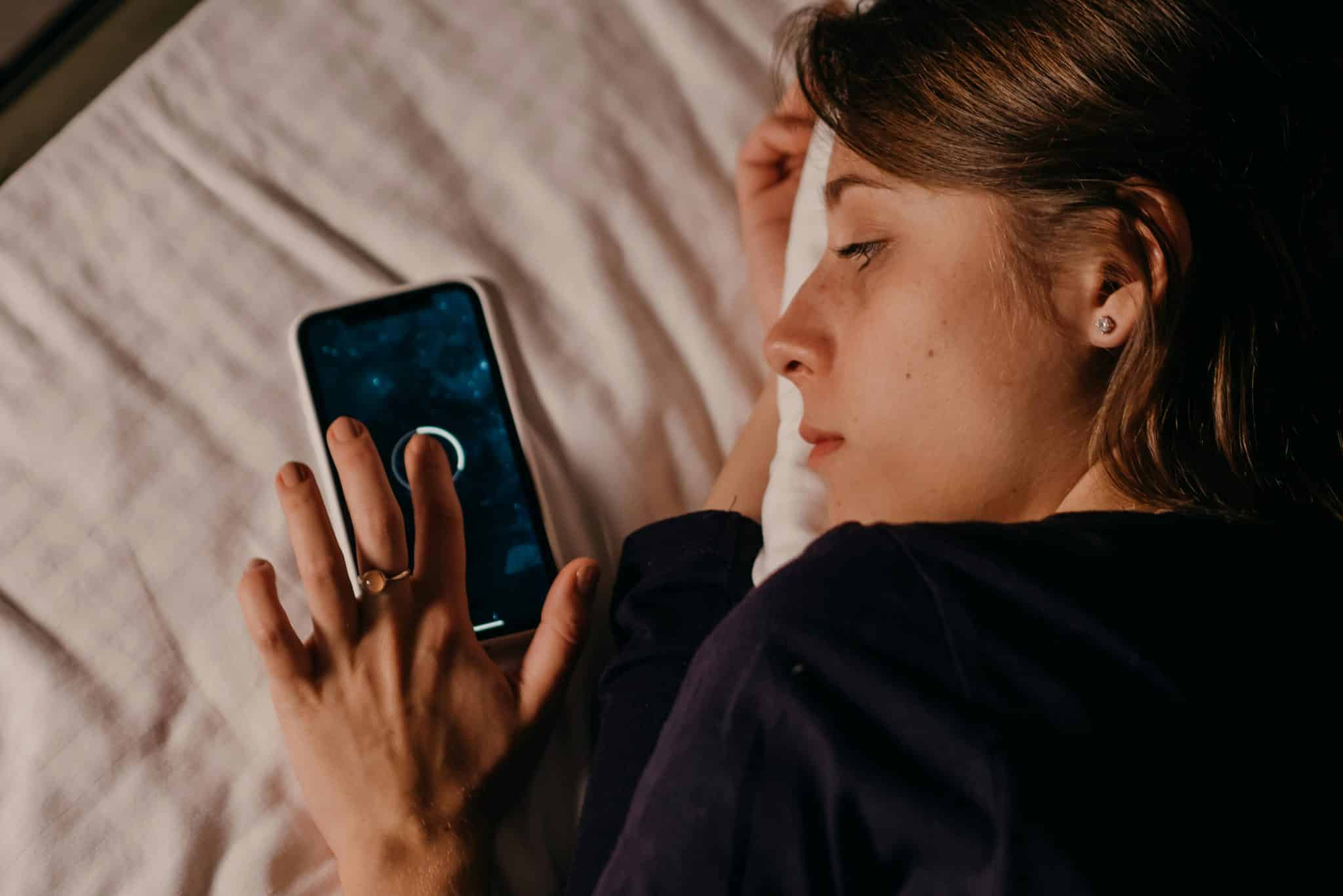Studying Without Distractions: Tips to Beat Procrastination and Stay on Track

It’s October 2024, and “brain rot” just became Oxford’s word of the year. Not shocking when you consider that MIT just released a study showing students who use ChatGPT to write essays literally can’t remember what they wrote one minute later.
Researchers asked them to recall their own work 60 seconds after submitting it, and… crickets.
Meanwhile, 41% of Gen Z now hits up TikTok before Google when they need answers. Another study found that just five minutes of scrolling before studying kills your ability to focus on anything longer than a 30-second video. And ChatGPT usage among students has doubled in two years, 26% are using it for homework right now.
MIT hooked students up to sensors and watched their brain activity tank when using AI for essays. The students who relied on ChatGPT showed the lowest brain activity of anyone in the study.
Translation? The tool did the thinking for them. And when they had to think for themselves later? They couldn’t.
Then you sit down to study and your brain’s like “where’s my dopamine?” and you reach for your phone without even thinking about it. But studying without distractions isn’t about having superhuman willpower. It’s about setting up your environment so focused work becomes automatic.
Let’s get into how.
Why Studying Without Distractions Actually Matters
Every time you switch from your textbook to check a notification, your brain needs about 23 minutes to get back into deep focus. That’s not us being dramatic, that’s actual research from UC Irvine.
Think about your last study session. How many times did you pick up your phone? Check your texts? Browse Twitter real quick? Each interruption isn’t just a few seconds, it’s nuking your concentration and forcing your brain to rebuild that focus from scratch.
Ryan Deiss, a serial entrepreneur, author, and investor puts it this way: “The biggest productivity hack isn’t working harder, it’s removing the friction from starting.” When distractions are gone, starting becomes automatic.
And here’s where it gets interesting: studies show that students who practice deep work sessions regularly don’t just get better grades. They finish assignments faster, retain more information, and actually have more free time to do stuff they enjoy.
Build Study Routines That Actually Stick
You’ve probably heard about morning routines and productivity systems a million times. But here’s what most advice gets wrong: routines fail when they depend on motivation.
Motivation is like the weather, sometimes it’s there, sometimes it’s not. You can’t build a study routine that only works when you feel like it. Instead, you need systems that work even when you’d rather be doing literally anything else.
The Two-Hour Focus Block Method
Here’s a framework that actually works: schedule two-hour focus blocks where your devices are locked down completely. No social media. No notifications. No escape routes.
Start a 2-hour Freedom study session and let the environment guide the behavior. When Instagram literally can’t open, you stop trying to open it. When YouTube is blocked, you stop defaulting to it during breaks. Your brain adapts fast.
Benjamin Hardy, who wrote the book Willpower Doesn’t Work, swears by this approach: “Your environment shapes your behavior more than your willpower ever will.” Create an environment where focus is the path of least resistance.
Time-Boxing Your Entire Week
Sunday night, pull up your calendar. Block out specific times for specific subjects. Not “study time” that’s too vague. Try “Chemistry Chapter 7: 2-4 PM Monday” or “Essay outline: 7-9 PM Thursday.”
The magic happens when you schedule your Freedom sessions to match these blocks. Set them to start automatically at 2 PM on Monday, 7 PM on Thursday, whatever. Your study time becomes non-negotiable because your devices literally won’t let you procrastinate.
This is what Cal Newport calls “deep work scheduling”, protecting your most important work with concrete time blocks. Except now, those blocks actually have teeth because your distractions are locked away.
The Phone in Another Room Rule
This sounds simple but it’s a game changer. Before you start studying, put your phone in a different room. Not face down on your desk. Not in your bag next to you. Actually out of reach.
Then launch Freedom on your laptop to block the usual suspects, Instagram, Twitter, Discord, Reddit, whatever your poison is. Both devices are locked down. No backup plan. No escape hatch.
Chris Bailey once mentioned that he does something similar when creating content: “I treat my focus time like airplane mode for my brain. Everything else can wait.”
That’s the energy we’re going for.
Single-Tasking Over Multitasking
Close every browser tab except what you need right now. Studying without distractions can begin with one subject, one task, one document. Studies show multitasking can drop your effective IQ by 10 points, about the same as missing a night of sleep.
Use Freedom to whitelist just the specific sites you need. Studying chemistry? Block everything except your online textbook and maybe Wikipedia for definitions. Writing an essay? Just Google Docs and your research sources. That’s it.
This level of focus feels weird at first. Your brain will literally protest. Push through that initial discomfort, and within 10 minutes, you’ll hit a groove that makes studying feel effortless instead of excruciating.

The Final Week Strategy
Finals week hits different. The stress is real, the stakes feel high, and suddenly you’re expected to remember three months of material in five days. This is where most students crack under pressure, not because they don’t know the content, but because distractions multiply when anxiety spikes.
When you’re stressed, your brain craves easy dopamine.
That’s why scrolling feels so tempting during exam prep, it’s a temporary escape from the pressure. But every minute you spend scrolling is a minute you’re not encoding information into long-term memory.
The 3-Day Intensive Focus Protocol
Three days before your exam, go hardcore. Schedule 4 hour Freedom sessions with breaks. Yes, four hours. Break them into two 2hour blocks with a 30 minute break in between.
During these blocks, block everything except study materials. No exceptions. This creates what psychologists call “productive pressure”, your brain knows there’s no way out except through the work.
Active Recall and Spaced Repetition
During your distraction free study blocks, use active recall. Close your notes and try to write everything from memory. Then check what you got wrong. Repeat.
This technique is backed by decades of cognitive science research, but here’s the kicker: it only works if you can actually focus long enough to encode the information. That’s where studying without distractions becomes non-negotiable.
Create flashcards during one Freedom session, then review them during the next. The app ensures you’re not tempted to “quickly check” something else mid review. Your brain stays in study mode the entire time.
Environmental Cues and Triggers
Your brain loves patterns. Create a study trigger: same place, same time, same Freedom session. Maybe it’s 7 PM at your desk with a specific playlist. Maybe it’s Saturday mornings at the library.
After a few weeks, your brain starts associating that time and place with focus. You sit down, launch your scheduled Freedom session, and boom, your brain switches into study mode automatically.
No willpower required.
Study Momentum: Building Habits That Compound
Here’s a truth bomb: one focused study session won’t accomplish your goal of studying without distractions. But consistent focus over weeks and months? That’s how you go from barely passing to crushing it.
Think of it like compound interest, but for your brain. Every distraction free study session makes the next one easier. Your focus muscle gets stronger. Your ability to ignore temptation improves. The hard part becomes normal.
Track Your Progress
Freedom shows you your session history. Use it. Check how many hours of distraction free time you logged this week. Watching those numbers climb is motivating in itself.
Set a weekly goal: maybe 15 hours of focused study time. Break it into daily sessions. Hit your goal, celebrate it. Miss your goal, figure out what got in the way and adjust for next week.
More focused hours this month than last month. Better grades this semester than last semester. That’s the game.

When You’re Ready to Lock In
Look, studying without distractions sounds simple in theory. But actually doing it? That’s where most students fall apart. Not because they lack intelligence or ambition, but because their environment is actively working against them.
You’re fighting billion dollar companies whose entire business model depends on keeping you scrolling.
The difference between struggling students and successful ones often comes down to this: successful students build systems that make focus automatic. They don’t rely on motivation. They remove the choice to be distracted.
That’s what Freedom does. It’s about creating an environment where studying without distractions becomes the path of least resistance.
Schedule your focus sessions in advance. Let them run automatically. Watch your grades improve while your stress levels drop. If you’re looking to actually make this semester different, better grades, less stress, more time for stuff that matters..
Get Freedom here and make focused studying your default mode.
FAQs: Studying Without Distractions
Studying without distractions helps your brain stay in deep focus, improves memory, and prevents the 23-minute recovery time that happens after every interruption.
Put your phone in another room and use a tool like Freedom to block apps and sites so studying without distractions becomes the default.
Distraction-blocking apps like Freedom, plus time-boxing and single-tasking methods, make studying without distractions easier and more consistent.
Most students do well with 2-hour focus blocks or shorter 50-minute sessions. The key is consistent studying without distractions, not long marathons.
Simplify your environment—one tab, one task—and block everything else. Reducing mental clutter makes studying without distractions far more effective.
Yes. Regular studying without distractions helps you retain more, understand faster, and complete work with less stress—leading to better grades overall.


